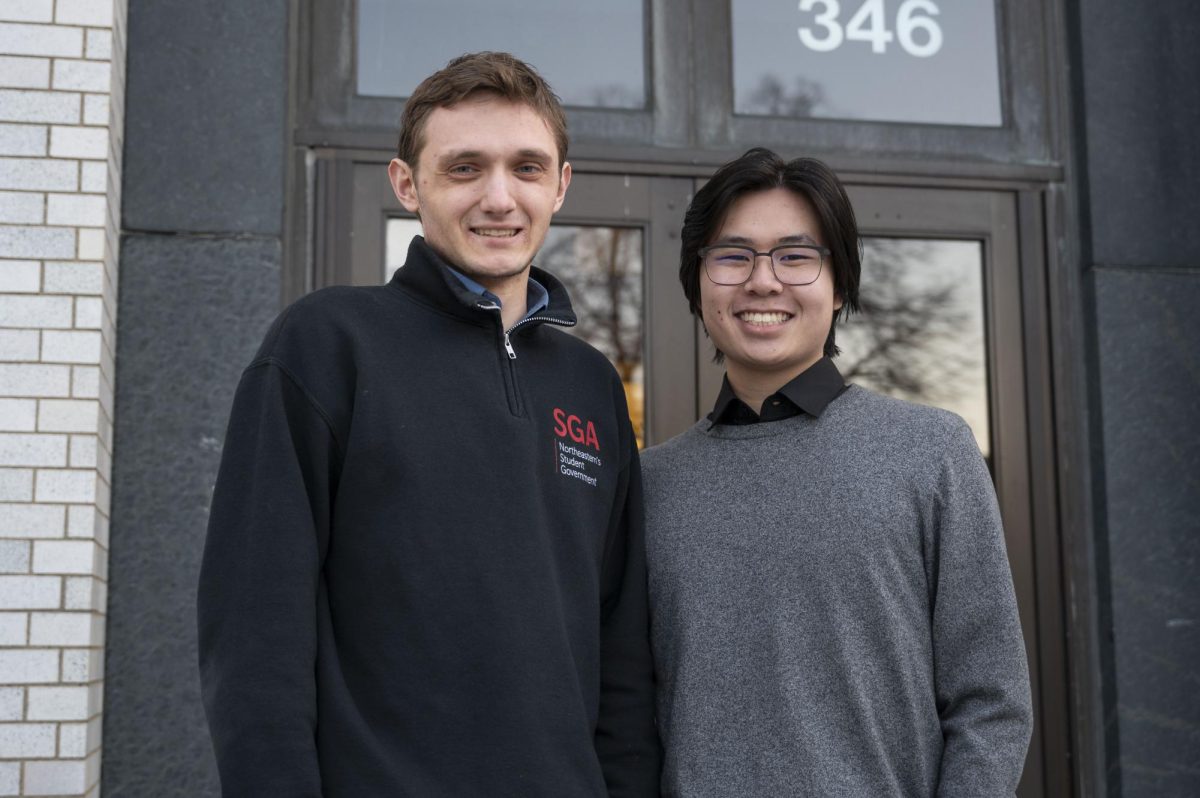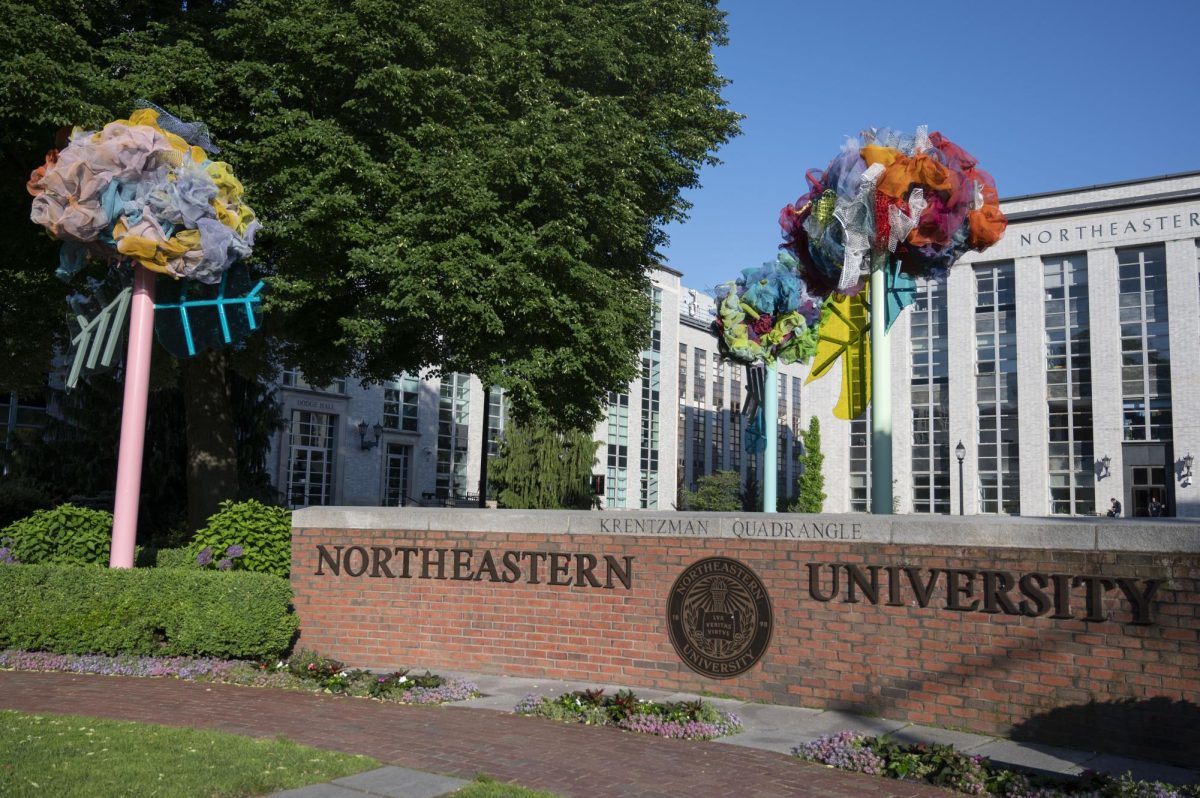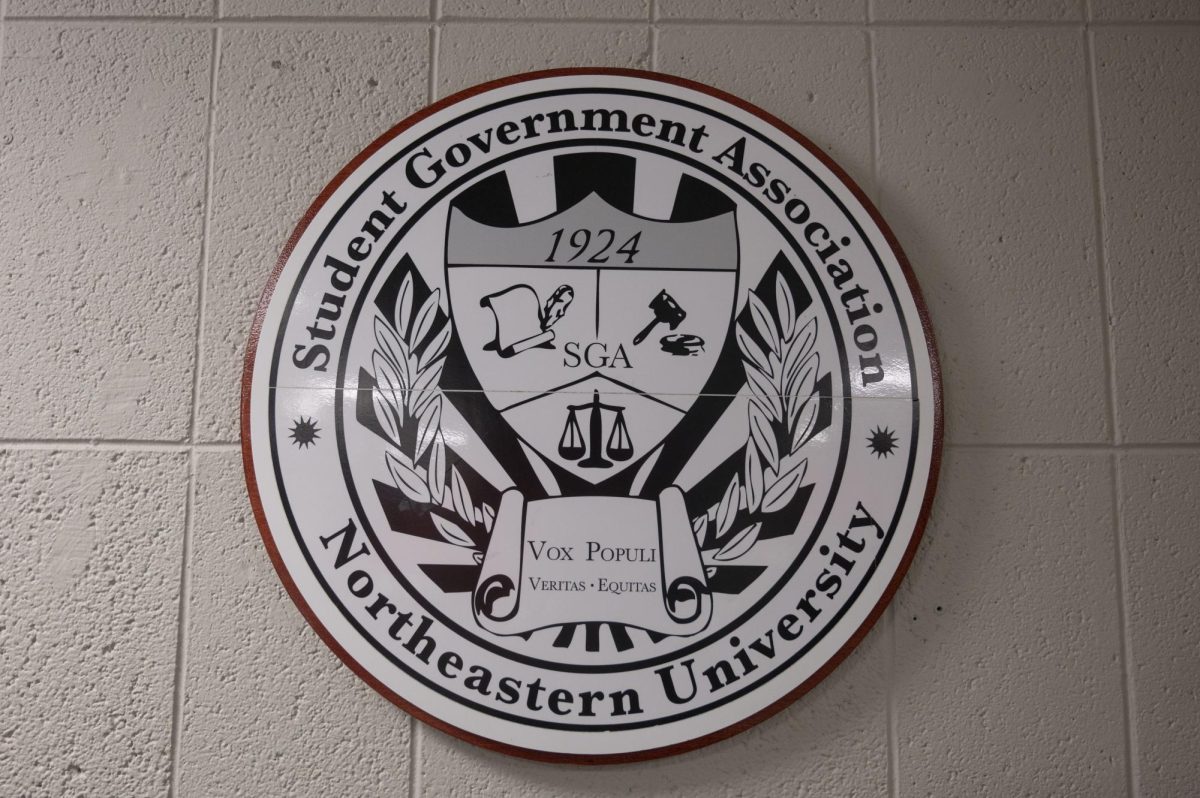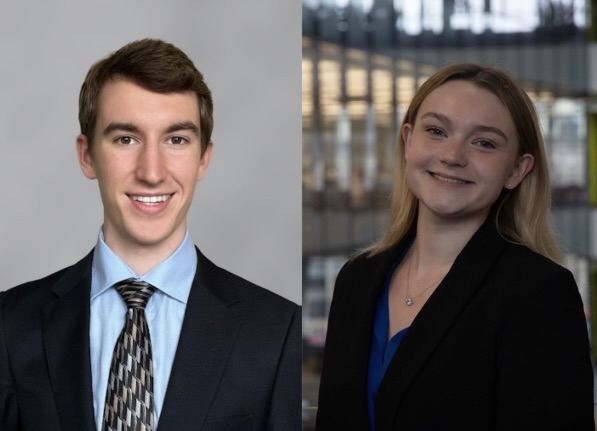
On Monday night, the Student Government Association elected former Vice President for Operational Affairs Matt Coughlin, a third-year mechanical engineering major, to fill the role of executive vice president effective immediately. Coughlin received 26 out of 46 votes from voting members in the senate.
The emergency election of a new executive vice president, or EVP, was scheduled for last Monday but was delayed because of the introduction of new legislation that would restructure the role. The position became vacant after the Student Government Association, or SGA’s, former EVP Matty Coleman, a fourth-year psychology major, stepped down from the role on Oct. 23 for “mental health reasons.” After Coleman’s resignation, SGA Vice President for External Affairs Shriya Thangada, a fourth-year economics and business administration combined major, served for 13 days as the interim presiding officer of the senate.
At Monday’s meeting, the senate moved to suspend the bylaw that mandates all EVP candidates to have held a position in the Senate for at least 25 weeks prior to running.
James Chang-Davidson, a fifth-year computer science major, kicked off the candidate speeches. Chang-Davidson currently serves as executive director of student involvement but did not meet the 25-week minimum requirement usually mandatory to be eligible for EVP. On his presentation slides, Chang-Davidson wrote that he has “enough experience to understand issues” but was “new enough to not be deeply entrenched.”
Giovanni Falco, a third-year criminal justice and political science combined major, was also nominated by a senator for the position. Falco ran for EVP in the last year’s direct election alongside Kathan Ramnath, a fourth-year business administration and economics combined major, against Coleman and current Student Body President Charlie Zhang, a fourth-year independent major in sociology, anthropology, and global strategy. After a short introduction, Falco rescinded his EVP application and endorsed Misha Ankudovych, the vice president for academic affairs.
Coughlin spoke after Falco, advertising a campaign focused on promoting “communication and cross-division collaboration” among leadership as well as emphasizing making senate meetings more concise and engaging.
Ankudovych, a second-year data science and economics combined major, was the last to speak. He said he had one goal: “To make SGA work for every student at Northeastern.” Like Chang-Davidson, Ankudovych’s application would have been ineligible if the senate did not vote to suspend the 25-week bylaw.
The election was held a week after senators voted to table legislation that would restructure the role of the EVP and delegate some tasks to a new position known as “speaker of the senate.” The speaker would take over the EVP’s duty to chair senate meetings, which has been an idea for around a year and a half, according to Sebastian Chávez Da Silva, a fifth-year industrial engineering and political science double major. Chávez Da Silva said he co-authored the legislation with Zhang the weekend before it was presented at the Oct. 30 meeting.
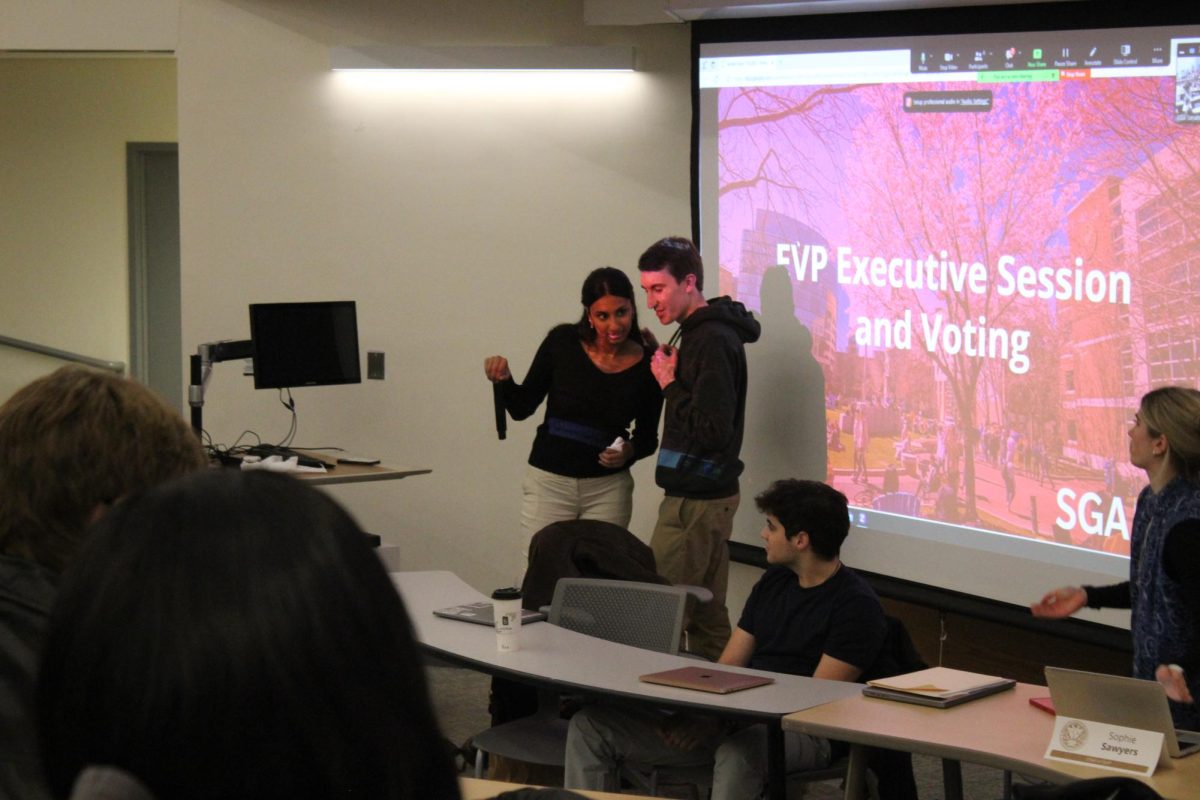
“I think that if [EVPs have] to spend so much time chairing Senate … it takes away from other responsibilities that they can perform to advocate for the entire student body; it’s worthwhile to consider [redelegating],” Chávez Da Silva said..
Thangada, who returned to her role as vice president for external affairs, said the SGA’s goal with all legislation is “to better not only our student body but the people within [SGA] as well.”
“A lot of legislation gets put forth to improve the structure within SGA because we’re always focusing on improving efficiency within our organization,” she said.
Next week there will be another emergency election to fill Coughlin’s previous role of vice president for operational affairs, which will be filled in the interim by Chief of Staff Sophie Sawyers, a third-year economics and data science combined major.





